Bankruptcy


Bankruptcy
According to the Commercial Code, the bankruptcy of a trader or a commercial company results in the cessation of the payment of the funds owed to him. The court office must first declare its place of residence, submit the statement of assets and all its commercial offices to the said court office.
Types of bankruptcy
Bankruptcy can be divided into ordinary, faulty and fraudulent.
- Normal bankruptcy
A trader or commercial company who is stopped from paying the funds he is responsible for and within three days from the date of the interruption that has been obtained in the payment of his debts or other cash obligations, declares his suspension to the office of the general court of his residence and the bill is considered ordinary bankruptcy to hand over the assets and all its commercial offices to the said court office. The invoice must be dated and signed by the trader and the number and calendar of all movable and immovable property of the trader must be detailed, the statement of all debts and receivables, as well as the profit and loss statement and the personal expenses statement.
- Bankruptcy to blame
Bankrupts can be divided into two groups:
2-1- The four obligatory cases of issuing a bankruptcy judgment due to fault (Article 541 of the Penal Code)
A) The personal expenses or expenses of the dependents of the merchant in normal days should be extraordinary in proportion to his income.
B) The trader spends large sums of his capital on transactions that are fictitious in commercial practice or the profitability of such transactions depends on pure coincidence.
C) The trader, in order to delay his bankruptcy, buys more expensive or sells cheaper than the current price and resorts to a far-flung method to obtain cash; such as borrowing or issuing a compromise, etc.
D) After the date of cessation of debts and debts that he is responsible for, the trader prefers one of his creditors over the others and pays his claim.
2-2- The three cases of voluntary issuance of a bankruptcy judgment through fault (Article 542 of the Penal Code)
A) The trader has made obligations to another account without receiving any compensation, which, considering his financial situation, is extraordinary in fulfilling the said obligations.
B) His commercial operations have been stopped and he has not acted in accordance with Article 413 of the Commercial Code.
C) The trader does not have an office or his offices are incomplete or irregular or he does not explicitly determine his real situation including debts and claims, provided that he has not cheated in the latter case.
Prosecution and punishment of the bankrupt businessman for fault
If the bankrupt trader is prosecuted through the fault of the prosecutor, the costs of the proceedings are not borne by the creditors’ board at all. If the liquidator pursues the insolvent bankrupt in the name of the creditors, in case of the acquittal of the said bankrupt, the cost of prosecution is borne by the creditors and if the prosecution is done by one of the creditors and the bankrupt is acquitted, the court costs are borne by the creditor; However, in the event of a bankruptcy, the costs of the proceedings will be borne by the government. The penalty for a bankrupt trader is from 6 months to 2 years in prison.
- Bankruptcy through fraud
If the merchant intentionally and maliciously loses his commercial offices, or hides part of his property, or destroys it through formal positions and transactions, and finally, if by documents or by means of assets and loans, Fraud, insofar as it is not really indebted, considers itself indebted to the fraud. Punishment for those convicted of fraud as bankrupts is from 1 to 5 years in prison.
If you have any questions regarding bankruptcy and related legal provisions, or if you need guidance in preparing and enforcing the provisions of your bankruptcy petition and bill, our experienced counselors and attorneys at the Asian Bar Association will answer your questions.


